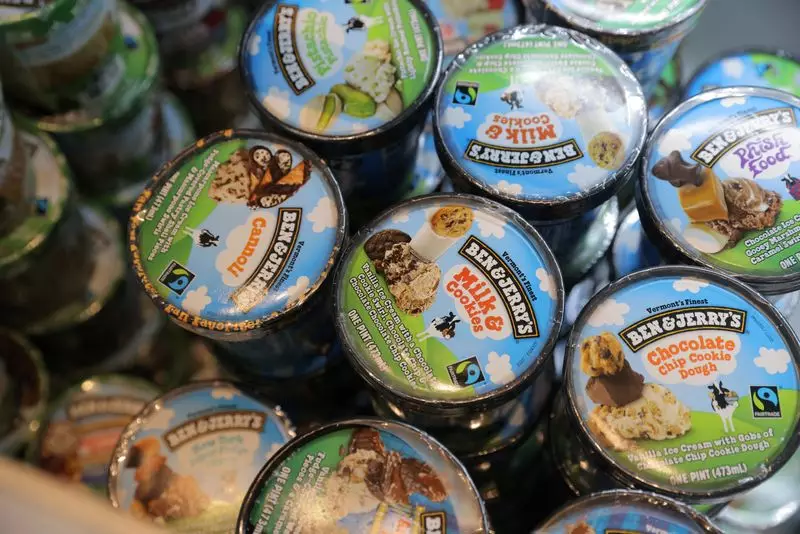The ongoing legal saga between Ben & Jerry’s and its parent company Unilever marks a significant chapter in corporate governance and the intersection of ethics in business practices. This conflict, characterized by competing ideologies and ethical standpoints, began to surface in 2021 when Ben & Jerry’s made a pivotal decision to halt sales of its ice cream products in the Israeli-occupied West Bank. The decision was publicly framed as a commitment to the company’s values, which they described as supporting human rights and social justice. However, this announcement stirred considerable controversy and backlash, leading some investors to divest their holdings in Unilever, the larger consumer goods conglomerate that had acquired Ben & Jerry’s in 2000.
This initial decision essentially laid the groundwork for a rift, showcasing the clash between the brand’s socially-conscious mission and Unilever’s corporate interests, a conflict that has only deepened with time. The lawsuit filed by Ben & Jerry’s on Wednesday underscores the ongoing tensions and raises important questions about the boundaries between a brand’s ethical platform and the business directives of its parent company.
In latest developments, Ben & Jerry’s has accused Unilever of infringing upon the terms of a previously confidential settlement agreement that followed a prior lawsuit regarding the sale of its business in Israel. The ice cream brand asserts that Unilever has systematically suppressed its efforts to advocate for Palestinian refugees, effectively undermining its social mission. The lawsuit claims that Unilever’s actions are in direct violation of the 2022 settlement, which explicitly mandated that Unilever honor the independent board of Ben & Jerry’s and its responsibility towards the brand’s social mission.
According to the lawsuit, Ben & Jerry’s made attempts on at least four occasions to publicly express support for various humanitarian initiatives, including calling for a ceasefire and advocating for safe passage for Palestinian refugees. Each of these instances was thwarted by Unilever, which raises critical questions about the degree of autonomy that socially-driven brands can maintain when tethered to larger corporate structures.
This dispute is not merely a legal matter; it delves into broader cultural and ethical implications that businesses confront in today’s socially aware climate. Ben & Jerry’s has cultivated a progressive identity since its inception, promoting values that resonate with a significant segment of socially-conscious consumers. The brand has feared that distancing from its ethical roots could alienate its customer base and damage its brand image.
Moreover, the lawsuit highlights an essential conflict in values—while Ben & Jerry’s champions social justice causes, Unilever’s hesitation stems from concerns over perceptions of anti-Semitism and the potential backlash that may arise from the brand’s outspoken advocacy. Unilever’s reservations about the public perception surrounding Ben & Jerry’s statements illuminate the complexities of managing corporate communication in a polarized political landscape.
The lawsuit also has financial ramifications, as highlighted by Unilever’s objection to Ben & Jerry’s selection of recipients for a mandated $5 million donation aimed at supporting human rights initiatives. Unilever’s reluctance to approve donations to organizations that are perceived as critical of the Israeli government raises questions about how corporations navigate sensitive geopolitical issues while attempting to maintain a profitable and reputable image.
In light of these developments, Unilever’s decision to spin off its ice cream business—including Ben & Jerry’s—by the end of 2025 signifies a potential shift in the landscape. This move suggests that Unilever may be trying to distance itself from the contentious relationship with Ben & Jerry’s, potentially allowing the ice cream brand to operate with greater independence.
As this legal battle unfolds, it serves as a reminder of the importance of values in business practices and the complexities involved in reconciling corporate interests with social responsibility. The outcome of this lawsuit could set important precedents for how brands under larger corporate umbrellas navigate their social missions, communicate their values, and engage in social activism. In a climate increasingly shaped by consumer expectations for ethical behavior, the resolution of this conflict will likely have lasting implications for both Ben & Jerry’s and Unilever, as well as the larger corporate landscape.

